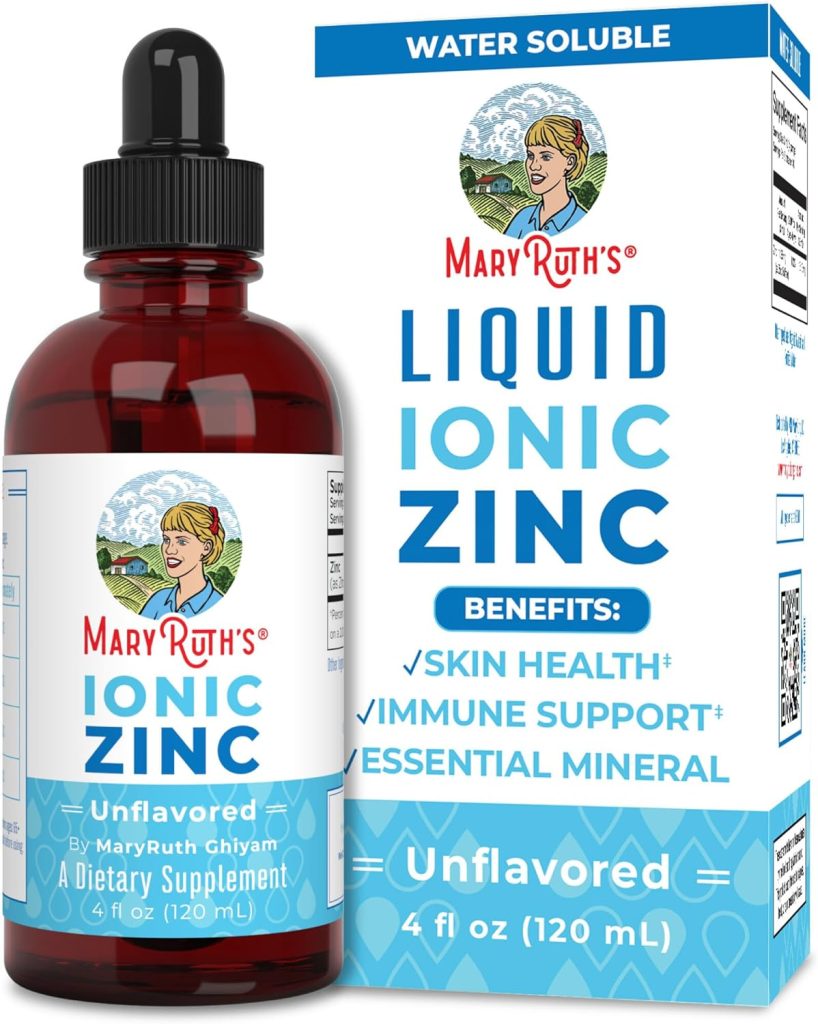When it comes to maintaining a healthy immune system, zinc is a mineral that often takes the spotlight. In recent times, with the global pandemic of Covid-19, there has been increased interest in the potential benefits of zinc in fighting off infections. In this article, we will delve into what zinc is, its role in the body, its potential benefits for Covid-19, recommended dosage, and natural food sources.
What is Zinc?
Zinc is an essential mineral that plays a crucial role in various bodily functions. It is involved in over 300 enzymatic reactions and is necessary for the proper functioning of the immune system, wound healing, cell division, and DNA synthesis. Our bodies do not naturally produce zinc, so it is important to obtain it through our diet or supplements.
Benefits of Zinc
Zinc offers a range of health benefits beyond its immune-boosting properties. Here are some key benefits:
1. Immune Support
Zinc is known for its immune-enhancing effects. It helps to activate and support the function of immune cells, such as neutrophils and natural killer cells, which are crucial in fighting off infections. While it is not a cure for Covid-19, maintaining adequate zinc levels may support overall immune health.
2. Wound Healing
Zinc plays a vital role in the healing process of wounds. It helps to promote cell growth and repair damaged tissues, making it essential for proper wound healing.
3.Skin Health
Zinc is often found in skincare products due to its ability to regulate oil production, reduce inflammation, and promote collagen synthesis. It may help in managing various skin conditions, such as acne, eczema, and psoriasis.
4. Cognitive Function
Research suggests that zinc is important for cognitive function and may play a role in memory and learning. Adequate zinc levels have been associated with better cognitive performance, especially in older adults.
Zinc and Covid-19
While zinc cannot prevent or cure Covid-19, it has been the subject of research regarding its potential benefits in managing symptoms and reducing the duration of illness. Some studies suggest that zinc supplementation, when combined with other treatments, may help in reducing the severity and duration of respiratory tract infections.
However, it is important to note that more research is needed to fully understand the effects of zinc in relation to Covid-19. As always, it is best to consult with a healthcare professional before starting any new supplements or treatments.

Zinc Dosage
The recommended daily intake of zinc varies depending on age, sex, and life stage. The following are the recommended dietary allowances (RDAs) for zinc:
Infants 0-6 months: 2 mg
Infants 7-12 months: 3 mg
Children 1-3 years: 3 mg
Children 4-8 years: 5 mg
Children 9-13 years: 8 mg
Males 14 years and older: 11 mg
Females 14 years and older: 8 mg
Pregnant females: 11-12 mg
Lactating females: 11-13 mg
It is important to note that excessive zinc intake can have adverse effects on health. It is generally recommended to obtain zinc through a balanced diet rather than relying solely on supplements.
Zinc Food Sources
Zinc can be found in a variety of foods, both animal-based and plant-based. Here are some excellent sources of zinc:

Shellfish, such as oysters, crab, and mussels
Red meat, such as beef and lamb
Poultry, such as chicken and turkey
Legumes, such as chickpeas, lentils, and beans
Nuts and seeds, such as pumpkin seeds and cashews
Whole grains, such as quinoa and brown rice
Dairy products, such as milk and cheese
By incorporating these foods into your diet, you can ensure an adequate intake of zinc to support your overall health.
Conclusion
Zinc is a vital mineral that plays a crucial role in various bodily functions, including immune support, wound healing, and cognitive function. While it may have potential benefits for managing symptoms of respiratory tract infections like Covid-19, more research is needed. It is important to maintain a balanced diet that includes zinc-rich foods and consult with a healthcare professional before starting any new supplements. Remember, a healthy lifestyle, including regular exercise, sufficient sleep, and a nutritious diet, is key to supporting overall immune health.


